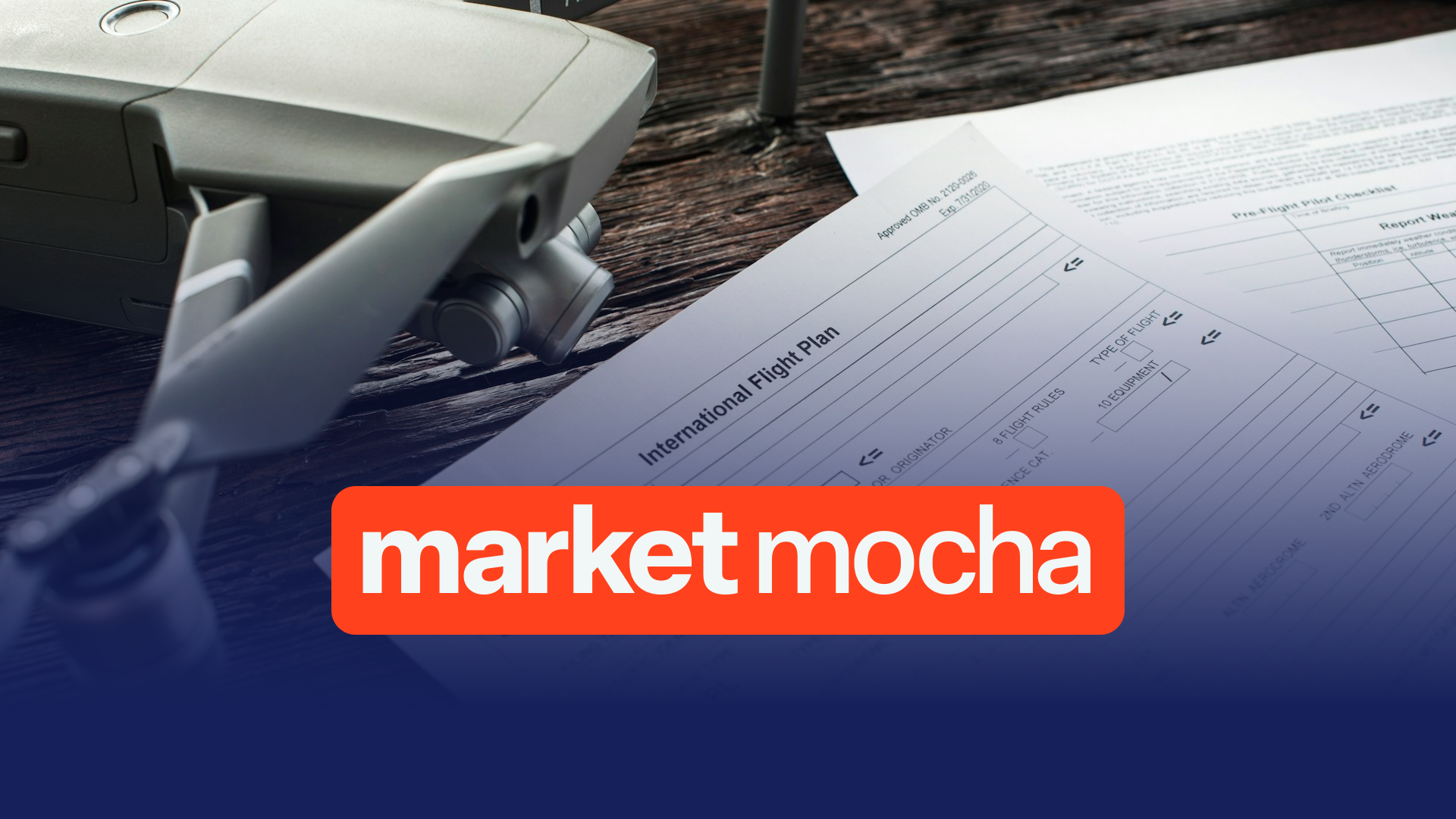The European Commission has fined Apple and Meta a combined €700 million in the first major enforcement of the Digital Markets Act (DMA), a landmark law aimed at curbing Big Tech’s dominance in the EU. The decisions mark a significant test of the bloc’s ability to impose meaningful constraints on digital “gatekeepers” and arrive at a time of escalating transatlantic tensions over tech regulation.
Apple fined €500m for restricting app developer communications
The Commission found that Apple (NASDAQ:AAPL) violated the DMA’s anti-steering rules by preventing app developers from freely directing users to alternative purchasing options outside the App Store. Under the law, developers must be able to inform users about cheaper or alternative offers without facing technical or contractual barriers.
According to the EU, Apple imposed restrictions that blocked developers from advertising or linking to external deals within their apps, thereby limiting competition and consumer choice. The Commission said Apple failed to justify these restrictions as necessary or proportionate.
As part of the ruling, Apple must remove these restrictions within 60 days or face additional daily penalties. The fine reflects what regulators called the “gravity and duration” of the breach.
Apple said it would appeal the decision. In a statement, it accused the Commission of “unfairly targeting Apple” and claimed the imposed changes “undermine user privacy and security.” The company said it had invested “hundreds of thousands of engineering hours” to comply with the DMA and criticised the EU for “moving the goalposts every step of the way.”
The Commission has, however, dropped a separate investigation into Apple’s compliance with user-choice obligations under the DMA, citing the company’s constructive engagement. Apple now allows EU users to uninstall pre-installed apps and choose alternative default services like web browsers.
Meta fined €200m over “pay or consent” model
Meta (NASDAQ:META), the parent company of Facebook and Instagram, was fined €200 million for its approach to user consent under the DMA. Since November 2023, Meta has required EU users to either consent to the use of their personal data for targeted advertising or pay a subscription fee for an ad-free experience — a binary model dubbed “consent or pay.”
The Commission ruled that this model failed to meet DMA requirements because it did not offer users an equivalent service that used significantly less personal data. Regulators also found Meta’s approach incompatible with the DMA’s mandate that consent must be freely given, not coerced by economic penalty.
Meta introduced a revised advertising model in November 2024 that it claims uses less personal data while maintaining a free tier. The Commission is still evaluating whether the updated model meets regulatory standards, but the fine issued Wednesday applies to the March–November 2024 period when the original model was active.
Like Apple, Meta has 60 days to comply with the ruling or risk further penalties. Meta’s chief global affairs officer, Joel Kaplan, said the Commission was attempting “to handicap successful American businesses” while allowing non-US competitors to operate under different standards. He characterised the enforcement as a “multi-billion-dollar tariff” on Meta, claiming it would degrade the user experience.
First fines under the DMA signal EU’s regulatory intent
These are the first non-compliance fines issued under the DMA, which came into effect in March 2024 and applies to tech firms designated as “gatekeepers.” The Commission can impose fines of up to 10% of a company’s global annual turnover — and up to 20% for repeated offences — but opted for lower penalties due to the relatively short period of non-compliance and the newness of the law.
EU officials described the enforcement as “firm but balanced.” Executive Vice-President Teresa Ribera said the DMA is designed to “unlock potential, choice and growth” in digital markets, and that both Apple and Meta had “reinforced user and business dependence” through their practices.
Henna Virkkunen, the EU’s executive vice-president for tech sovereignty, added that the rulings underscore the EU’s commitment to ensuring users have real control over their data and businesses can reach customers without artificial barriers.
Wider implications amid US–EU tensions
The decisions are likely to fuel ongoing trade tensions between the EU and the United States. Former President Donald Trump, who has returned to office and repeatedly criticised the EU’s digital regulation as unfairly targeting US firms, recently imposed “reciprocal” tariffs on European goods. The White House has hinted at further trade retaliation if what it describes as “overseas extortion” continues.
Nevertheless, the European Commission has rejected claims of bias, insisting that the rules apply equally to all companies regardless of origin. “We don’t care who owns the company… you will have to play by the rules in the European Union,” Commission spokesperson Thomas Regnier said.
While the fines are modest in scale relative to Apple’s and Meta’s global revenues — US$391bn and US$165bn in 2024 respectively — they represent a shift in regulatory enforcement, placing direct obligations on platform design and data practices. The Commission’s willingness to issue binding orders within the DMA’s first year signals a more aggressive stance in reshaping the digital marketplace.
Meta is expected to appeal. Apple has already confirmed its intention to do so.





